Even as Marvel Studios approached Avengers: Endgame, the Marvel Cinematic Universe did not feel as grandiosely populated as it should have been. Franchises were siloed into their respective corners until they were called to unite while the granular civilian world of the MCU was all but forgotten. The MCU felt only reserved for its mightiest heroes and never the people living in it. In comes She-Hulk, a show that not only blasts the doors wide open by introducing a cavalcade of weirdos and superpowered kooks but a show that examines the impact of superhumans on its denizens. She-Hulk, in many ways, recontextualizes the U in MCU, instilling it with new meaning and giving audiences a new perspective on it.
At the heart of the show is lawyer Jennifer Walters, the hapless cousin of Bruce Banner who gets gamma-radiated after a bizarre car accident. When an attack on the courthouse forces her to use her newfound Hulk powers, Walters turns into an overnight sensation. The limelight quickly nets her a job as the face of the superhuman law division in a prestigious law firm. One would think that Walters’ connection to her cousin would make her a perfect fit but when her own celebrity gets in the way of the job, things don’t go as planned.
Whereas The Falcon and the Winter Soldier and Moon Knight are executed as 6-hour films, She-Hulk is one of the few Marvel Studios television shows to embrace the episodic format of the medium. Part-courtroom comedy and part-slice-of-life, episodes range from Wong suing a hacky magician for misappropriating the sling ring to She-Hulk’s firm prosecuting a shapeshifting Light Elf for catfishing a playboy. Head writer Jessica Gao displays a deep reverence for the sheer absurdity of living in a world populated by superheroes, examining heightened daily life while lampooning its blunders. Gao’s script is self-referential and keys heavily into present-day zeitgeist, reflecting the same comedic sensibilities as a culturally meta show like 30 Rock as it lampoons corporate culture, celebrity, influencers, and social media.
This coincidentally makes Liz Lemon and Jennifer Walters unlikely kindred spirits. Socially inept dweebs that have to navigate the corporate ladder and the insanity that comes with their profession. The ever brilliant Tatiana Maslany wields her wit with a gangly finesse that endears Jennifer Walters to every superhero faux pas she encounters. She’s never the coolest person in the room and she knows it. But like Tina Fey, Maslany’s wit and timing make her the funniest in the room in unexpected ways. The result is a Jennifer Walters that is goofy yet tenacious in her footing.
That Maslany succeeds in being funny is a feat on its own given how the breadth of her performance is at the behest of the VFX. She-Hulk has the disadvantage of being a painstakingly difficult character to bring to life. The show itself ends up being a dangerous tightrope act that threatens to fall into the uncanny valley, which it inevitably does from time to time. Director Kat Coiro struggles to find a visual identity for the show and often captures She-Hulk’s zany world through vapid TV lenses. This does the VFX team no favors as the She-Hulk model looks its worst in Coiro’s blandest compositions. The uncanny valley is most discernible in the office scenes, where plastic static walls and bright skylines glare in the frame. Nonetheless, the show’s VFX department does the commendable and thankless job of bringing the character to life. Their work begins to seamlessly blend into the world once the show begins to reach its farthest corners of its storytelling. There are fight sequences featuring Hulk and Wong that look plucked out of an Avengers film.
For a show that constantly pats itself on the back for its revolving door of exciting supporting character cameos, She-Hulk falls short of giving its own ensemble its legs to stand on. Ginger Gonzaga and Josh Segarra play Walters’ co-workers, Nikki and Pug respectively, and they aren’t given much to do. Despite the show insisting she’s She-Hulk’s best friend, Nikki barely feels like a character. There’s no sense of depth to their friendship nor does there seem to be any significant history between the two. Gonzaga pulls her weight in giving the character a semblance of life but the show’s in media res framing and focus on the larger cameos robs her of any real development. Pug, on the other hand, might as well not exist. Hot off the heels of Ms. Marvel, a show that features an ensemble whose characters are deserving of their spin-off, this is an unfortunate shortcoming.
Perhaps the show’s biggest strength is the trove of cameos and easter eggs that lord over each episode. She-Hulk does the incredible job of shouldering the granular world-building that many of the films and other TV shows have neglected to do. Superpowered characters that wouldn’t have otherwise existed in concurrent MCU efforts are proudly ushered in the show. Loose ends from films are purposefully referenced and examined in through the lens of the everyday civilian. Depending on one’s tolerance for cross-pollination, this may be a huge detriment to the show but to MCU fans longing for a more immersive look into the world, this show is a fever dream.
Ultimately, She-Hulk‘s meta-humor and wildly episodic case-of-the-week nature are sure to give viewers a refreshing change of pace. Imperfect VFX be damned, this show hilariously encapsulates the sheer insanity of the Marvel universe.







